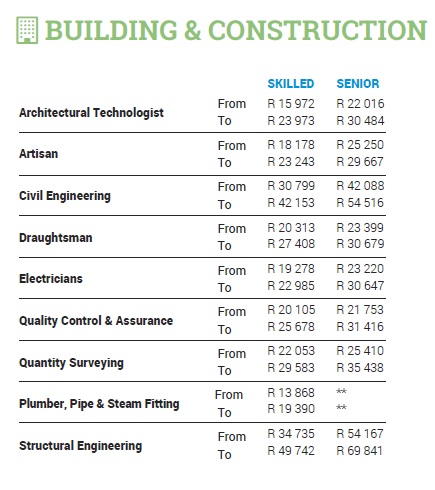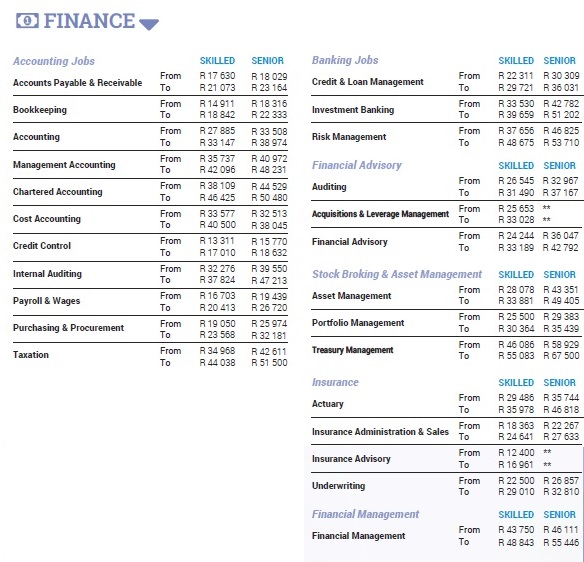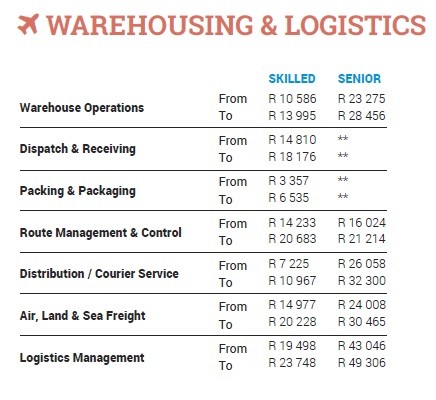Zululand’s best and worst paying sectors
Review reveals how local salaries measure up to the rest of SA

A SALARY review compiled exclusively for South African job seekers and the human resources and recruitment industry, has revealing figures that could turn many Zululanders’ smiles upside down, depending on the sector they work in.
It contains up-to-date salary information for ten different sectors using website Career Junction, which posts about 30 000 jobs monthly, as the source.
Top of the lot
Engineers working in the City of uMhlathuze can grin like Cheshire cats.
In response to the review, Richards Bay recruitment agency Prostaffing’s Managing Director Paul Pereira said local engineers earn about the same, if not more, than the average monthly pay across the country.
The document shows the highest paid engineers are in mining (R52 521), mechanical (starting from R38 910 for skilled practitioners), electrical (R36 266) and industrial (R35 045).
Chemical and project engineers earn less, starting with an average of R27 404 and R29 457 respectively.
‘If one compares salaries in Zululand to elsewhere in the country, the so-called big 5 companies do pay market related rates, or better, for certain positions,’ said Pereira.
‘In the engineering sector – and artisans in particular – local companies are willing to negotiate salaries equal to those being offered in Gauteng owing to the skills shortage in the area. Those workers who have in-demand skills may even earn more.’
Lagging behind
Unfortunately, Zululanders working in the administration sector are earning below average, with overall salaries starting from R5 259 for tellers and cashiers, R8 746 for switchboard operators and receptionists, R10 936 for data capturing and R15 685 for secretaries.
Local pay in sales is also not on par with the rest of the country, with average salaries earned starting from R18 056 for real estate and property agents, R10 286 for travel agents, R22 782 for account management, R11 227 for merchandisers and product promoters, R9 892 in retail and R23 092 for sales managers.
‘Salaries in the administration, finance and sales sectors remain substantially lower at the coast than those ‘up country’, since local demand for the work and cost of living are among the geographic factors affecting salaries,’ said Pereira.
‘Salary differences may also be justified according to company size or the number of employees a company has.
Trend
‘Looking at the results, the trend seems to be in a ‘ready-steady-go slow’ mode, which means that salaries are holding steady and job satisfaction remains pretty much as it was last year, but economic challenges, including the current political uncertainties, retrenchments, a weak Rand and the latest fuel price, are tempering optimism compared to previous years.
‘Occupational wages vary by industry and employer.
‘Diverse working conditions, clientele and training requirements are among the reasons why wages might differ from one employment setting to the next, yet we find applicants willing to take pay cuts as much as 50% to land a job at the coast,’ said Pereira.
‘Not that one advocates caving in and accepting peanuts. One should always know one’s worth, negotiate for as much as one can get and walk away if not satisfied.
In other sectors











